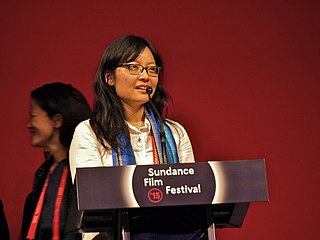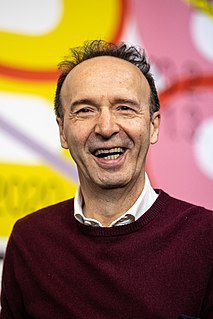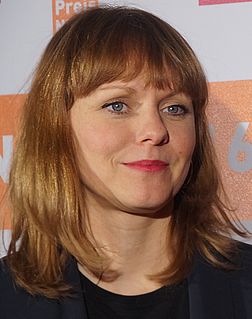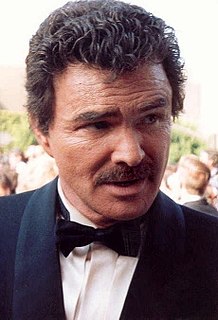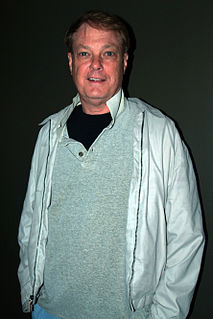A Quote by Atom Egoyan
I think the situation in Toronto is such that there are funding organizations which make it easy for a film to raise more money than it needs and very often that works against a film.
Related Quotes
When you have your chance to make a film, don't focus on pleasing everyone. I think the goal is to live in that sweet spot where you focus on making a good film and you have fun with your collaborators, but you don't waste your energy chasing approval every which way. When you have a vision and a good story and you've managed to raise funding, it is your approval as a director that everyone should be seeking. It's very simple.
I'm not trying to be self-serving, but you know, you get to Hollywood, and if you want to make something big and loud and dumb, it's pretty easy. It's very hard to go down there and make a film like 'Sideways,' which I thought was a great film. They don't want to make films like that anymore, even though that film was very successful.
For me, it was always clear that Toni Erdmann is more a film about what globalization, capitalism, does with private relationships much more than making a "political" film. It's more interesting to raise questions, because I don't feel in a position to "make a statement" with the film. Toni Erdmann comes from a completely different generation then his daughter, it's the post-war generation, they were very politically engaged. They raised their children with a lot of human worldviews, sent them out in the world believing in a world without borders.
Generally, you want to raise capital either when you have to or when it's really easy. If the company desperately needs money, and they can't figure out any other way, then they need to raise money. Or if someone's offering you easy money on good terms, you should take it because you can use it for good things.
When I made my first film, I think the thing was probably helped me the most was that it was such an unusual thing to do in the early 50s for someone who actually go and make a film. People thought it was impossible. It really is terribly easy. All anybody needs is a camera, a tape recorder, and some imagination.
The amazing fact that one person can make his own film - I think animation is somewhat unique in that respect. I don't need to deal with lawyers. I don't need to deal with corporations. I don't need to deal with executives or agents or any of that. I can just sit at home and make a feature film. That's a wonderful experience. Each film I make gets more popular, more press and makes more money. So it's amazing that I've survived and actually prospered doing that sort of homegrown, cottage-industry filmmaking.


